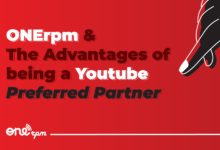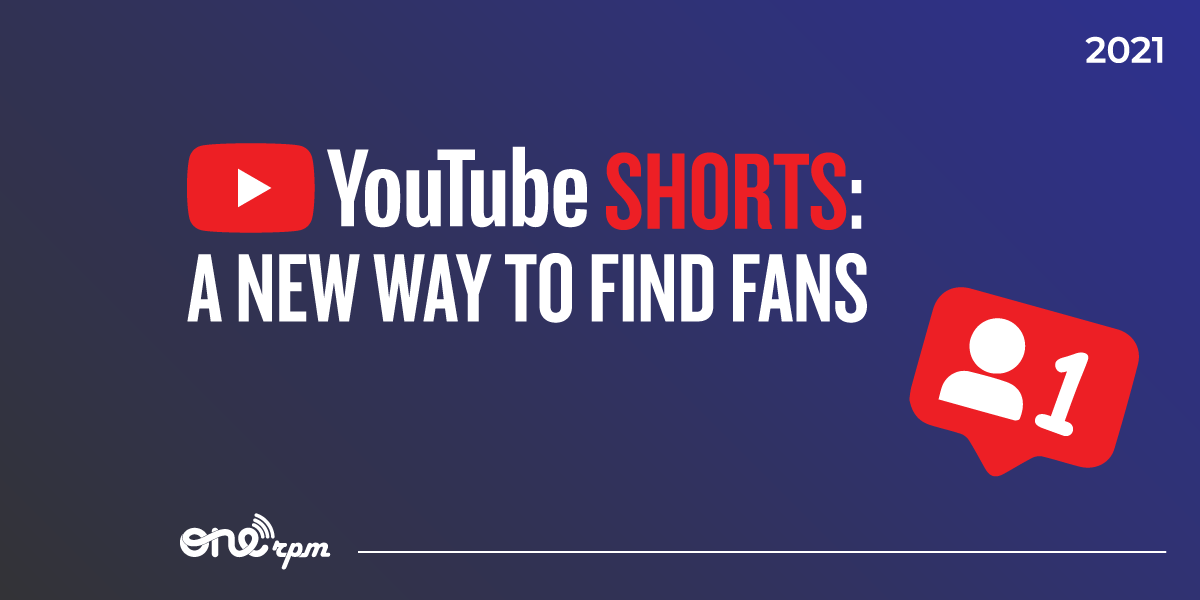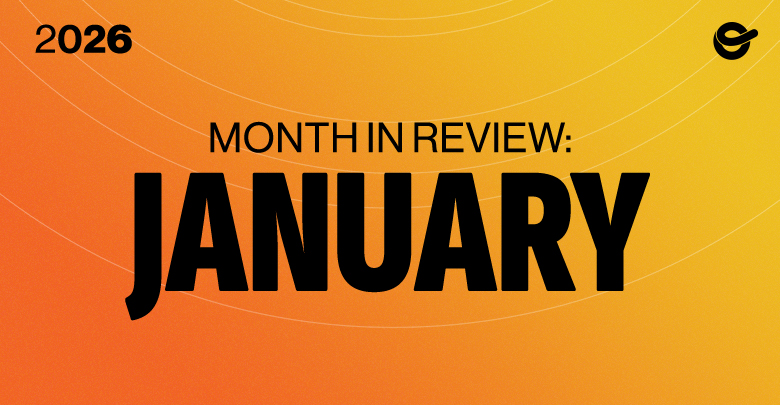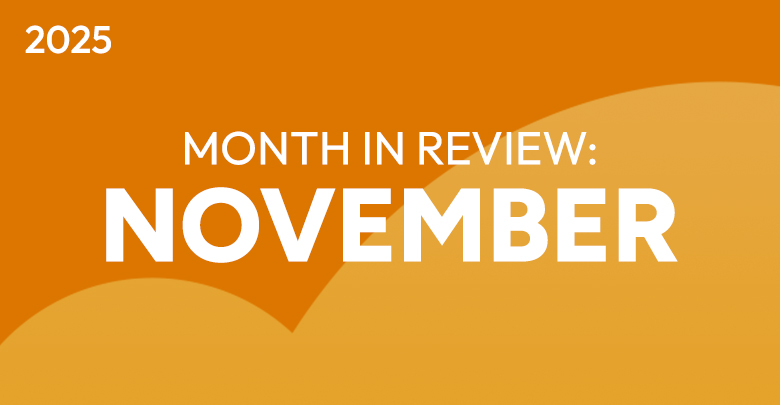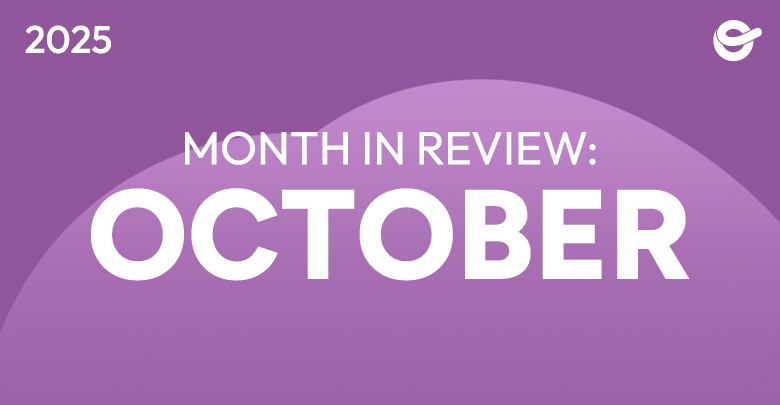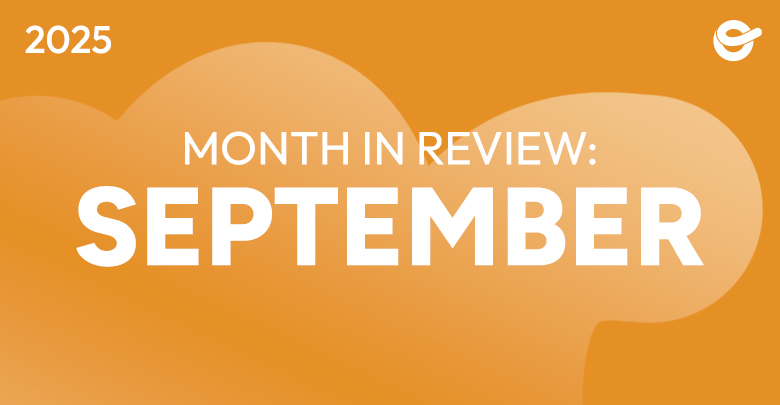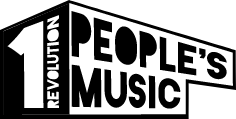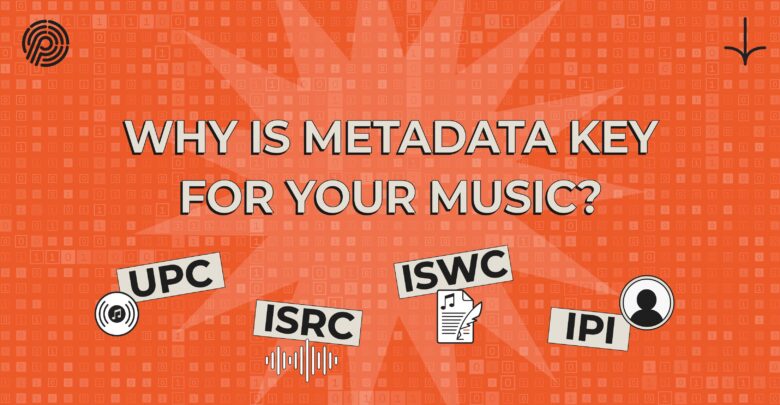
Why Knowing Your Song’s Metadata is Essential for Your Music Career
Metadata is the backbone that connects your music to the money you deserve. If you want your music to stand out on Spotify, Apple Music, or any other platform, understanding how metadata works and organizing it is key.
Every day, over 120,000 songs are uploaded to streaming platforms, and many of them miss out on royalties for a simple reason: metadata. Even though you don’t see it, metadata is the backbone that connects your music to the money you deserve. If you want your music to stand out on Spotify, Apple Music, or any other platform, understanding how metadata works and organizing it is key.
What is metadata?
In short, metadata is the detailed info that accompanies every song and composition. It’s more than just your song title or artist name. Metadata includes codes and data linking your music to digital platforms, publishers, and collective rights management organizations. Think of it as your song’s digital ID.
Why metadata matters: The codes that make sure you get paid
There are two crucial codes every artist should know: ISRC and UPC.
- ISRC (International Standard Recording Code): This 12-character code uniquely identifies your recordings. Without an ISRC, platforms like Spotify and Apple Music can’t track how many times your song has been streamed or ensure that royalties reach you. Every version of your song (like remixes or live recordings) needs its own ISRC.
- UPC (Universal Product Code): The UPC identifies your product—whether it’s an album, EP, or single. It helps streaming platforms track sales and make sure you’re paid properly. The UPC is essential for organizing different formats of the same album, like digital versions, CDs, or vinyl releases.
Metadata for songwriters: Protect your compositions
If you’re a songwriter, having strong publishing metadata is just as important. Here’s why:
- ISWC (International Standard Work Code): This code identifies your composition (the song itself) and ensures you get paid as the songwriter for every stream or performance of your music.
- IPI Number: This code identifies composers and publishers. It’s how performance rights organizations (PROs) know who to pay for the use of your songs. Without it, your royalties can get lost in the system.
How metadata boosts your chances for syncs and playlists
Metadata doesn’t just affect your royalties; it’s also key to getting into playlists or landing sync opportunities for film, TV, or ads. Everything from your song’s genre to its tempo and mood can influence whether it’s selected for playlists or sync deals. Well-organized metadata makes your music more discoverable, improving your chances of getting noticed.
Managing your metadata isn’t just a technicality—it ensures your songs are easily found, properly streamed, and, most importantly, paid. From royalties to sync opportunities, metadata is the secret ingredient behind a sustainable and successful music career.




